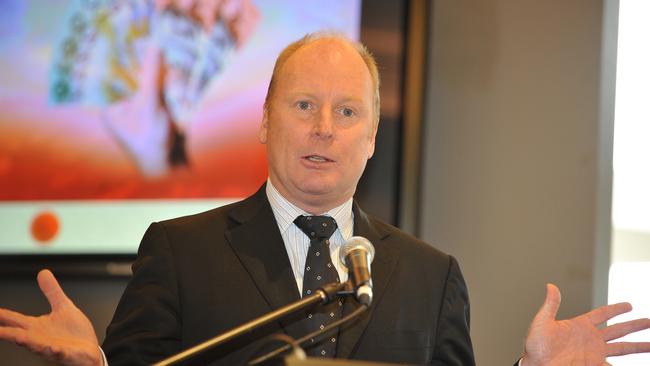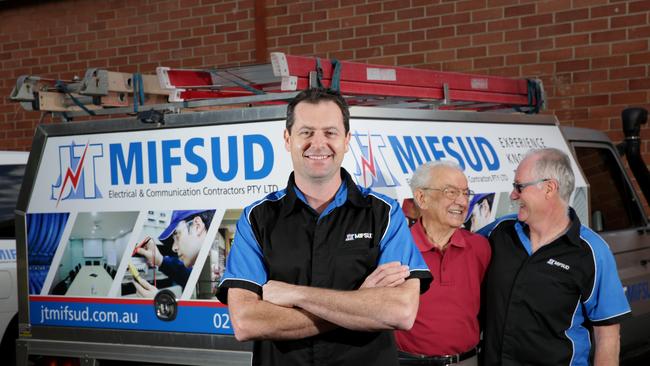Look to the past and your original ideals, and then apply those to the future of your enterprise
TAKING a risk in business is almost a given. All people who open a business understand there are risks that it will not survive, let alone succeed.

TAKING a risk in business is almost a given. All people who open a business understand there are risks that it will not survive, let alone succeed. But very few people enter business with an eye on failure; all eyes are on success in any new venture.
Likewise, for more mature operations, there is always a part of any business person that is worried about the future. Is the business sustainable? What happens if we lose a key client? A key employee? What if a new competitor enters the market? What if technology changes?
These “what if” scenarios are, in every case, risk assessment questions. And they keep flying through the door every day: “What if the truck doesn’t turn up on time? What if the dollar moves?”
The issue for business managers is that many of these decisions are made on a daily basis. Without them the business will stagnate, and eventually die.
But managers also need to occasionally take a big step back from their business and think about the broader picture ... another set of questions.
“Where is my industry going? How is our customer base changing? How do we position ourselves for future technology? How long have we got before the investment needed to create a new path becomes critical?”
And these questions are just as important for the longevity of a business.
But like any investment, the timing of the action is often more important than whether you are right or not. For example, you might have spotted the digital future of your industry well ahead of your competitors, but if you invested too early ... while you were struggling to remain afloat, your competitors were learning from your mistakes. Too late to innovate is bad for business: too early can be just as lethal.
Right now, to my eye, Australia should be in for better times economically. But this will not translate into every industry. Low interest rates, cheaper fuel, the lower dollar and faster home building all give a clue to broadly better times ahead.
That is now being translated into better retail sales numbers and even (with a caution) employment numbers.
So the time to reassess your plans and work out strategies for an upturn, especially in our major capital cities, should be worked out.
This is where monitoring of your business model becomes critical. It should be referred back to constantly and amended as conditions or aspirations change. But having a reference point for the values of your business and the reasons you got into it in the first place are a constant discipline when times turn tough ... and a reminder that your thinking and your business must remain flexible for the times ahead.
INTREPID SPARKIES PLUG INTO CHANGE
OF all the jobs in the world you would think will never change, an electrician should be right up there. The demand for electrical fitting and maintenance will seemingly be with us forever.
But a few years ago a few electricians saw a need for change. They could see a crowded market with thin profit margins and customers crying out for more services.
JT Mifsud, an electrical and communications services company, was one that took the leap.
“A lot of electricians were scared to jump in but we went in boots and all. It was a great avenue to increase the scope of work,” third generation Chris Tierney (soon to be MD) says.
“We could go into a new office fitout and say, ‘We can do everything — power, lighting and cabling’.”

There was no gain without possible pain though: “It was a risk because if you fail your name is really bad, but if you succeed you create a whole new world.”
The Parramatta-based business continued to diversify into other work, including the installation of irrigation water meters for NSW Water.
One of the keys for any small business these days is to convince customers of the business case for engaging your company.
Chris sites the example of international eyewear company Luxottica, which owns OPSM in Australia.
As Chris says: “They had a really old data system and we rewired the two floors of their North Ryde business headquarters. We said the only way was to start from scratch. For years we have been telling them ‘let us do it’ … finally they did.”
Another area of JT Mifsud’s business is installing LED lighting.
One recent job — the Daikin air-conditioning warehouse in Chipping Norton — led the company to power bill savings of up to 50 per cent.




